Adaptogens and endocrine system

The human body is an orchestra of complex systems that interact to maintain balance and internal harmony. One of the most important conductors of this physiological symphony is the endocrine system, responsible for producing and regulating hormones that influence almost all aspects of our health and well-being. In this biochemical dance, adaptogens emerge as star dancers, capable of improving the endocrine system and optimizing hormonal regulation in unusual and fascinating ways.
The endocrine system is a complex network of glands that produce and release hormones into the bloodstream. These hormones act as chemical messengers that bind to specific receptors on different cells and organs, orchestrating a variety of bodily functions, from metabolism and growth to mood and sleep regulation. However, sometimes this hormonal symphony can go out of tune due to factors such as stress, poor diet, insufficient sleep, or aging.
Adaptogens as masters of hormonal regulation
This is where adaptogens come into play, the stars of this hormonal dance. These powerful natural substances have been shown to have the unique ability to regulate the endocrine system and balance the production and release of hormones, even in times of stress and imbalance. Adaptogens act as teachers that guide and direct the body's hormonal responses, ensuring that the hormonal symphony is played in harmony.
The HPA Axis: Stress, Adaptogens and Hormones
One of the lesser-known but crucial links between adaptogens and hormonal regulation lies in the hypothalamic-pituitary-adrenal (HHS) axis. This axis is responsible for managing the stress response, releasing hormones such as cortisol to help the body deal with stressful situations. However, chronic stress can trigger a disruption in this axis, leading to unbalanced cortisol production and negatively affecting overall health.
Adaptogens play a key role in balancing the HPA axis. They help regulate cortisol levels, reducing its excess in stressful situations and increasing it when necessary to maintain energy and resistance. This "dual pathway" action is what makes adaptogens unique, allowing the body to efficiently adapt to the changing demands of modern life.
The adrenal glands and stress
The adrenal glands are another crucial piece in the endocrine symphony. These small glands located on the kidneys are responsible for producing hormones such as cortisol, adrenaline and norepinephrine, which play a fundamental role in the stress response and energy regulation.
Female hormonal balance
For women specifically, adaptogens can also have a significant impact on hormonal balance. Premenstrual syndrome (PMS) and menopause are life stages that can trigger hormonal challenges. Adaptogens such as maca (Lepidium meyenii) and dong quai (Angelica sinensis) have been traditionally used to relieve PMS symptoms and improve the transition to menopause, as they help balance hormonal levels and reduce irritability and insomnia. associated with these periods.
Thyroid Resilience
The thyroid, another crucial gland in the endocrine system, is responsible for producing hormones that regulate metabolism and energy in the body. Hypothyroidism and hyperthyroidism are common conditions that affect thyroid function, and stress can worsen these imbalances.
So what adaptogens to take?
Vitex helps during the premenstrual cycle and helps relieve menopause symptoms. Dong Quai is excellent for maintaining women's health and Wild Yam, for its part, helps women cope with the telltale signs associated with menopause, such as hot flashes, sweating, restlessness and irritability.

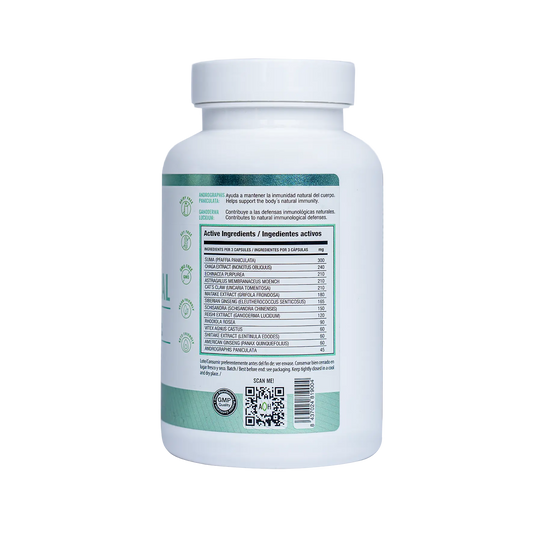
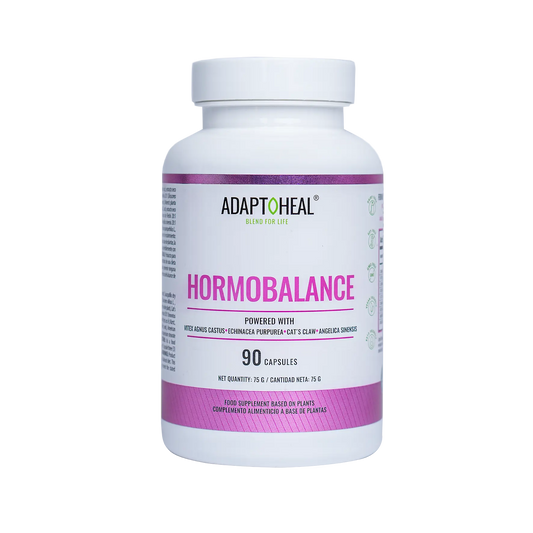
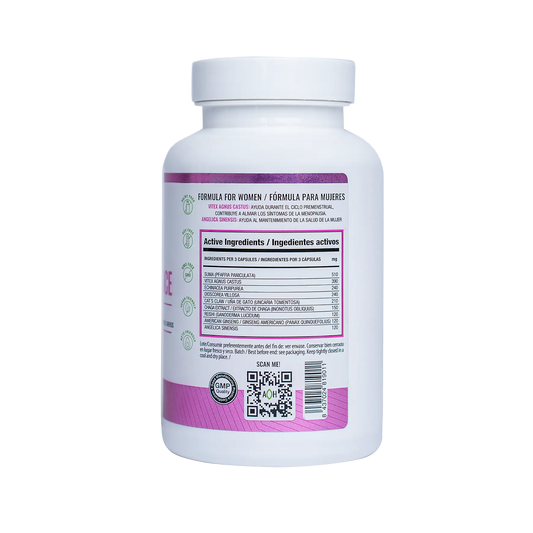

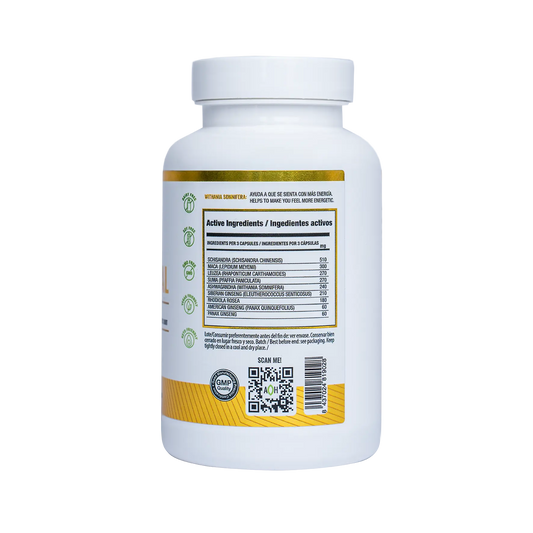

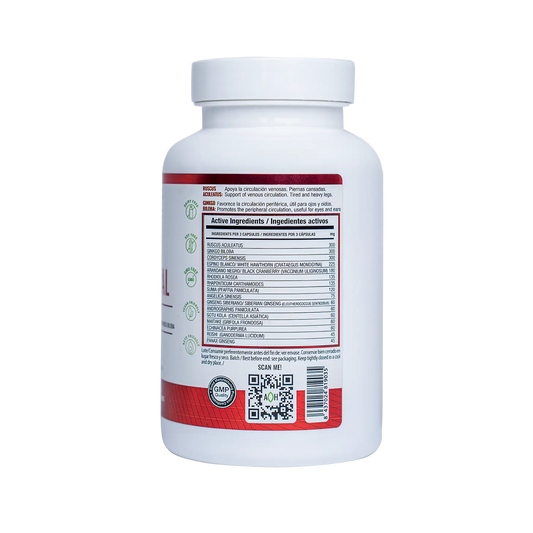

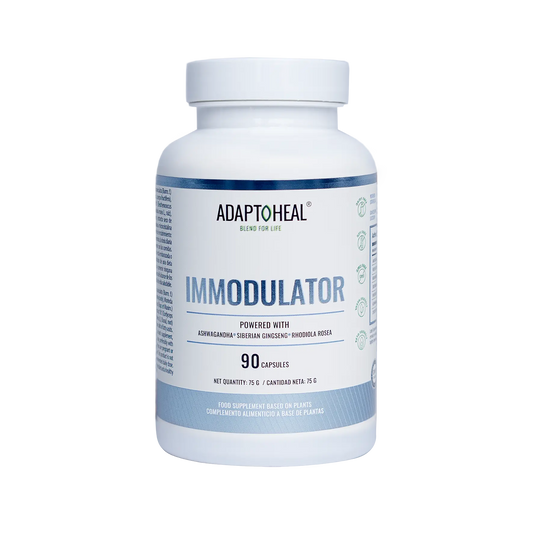
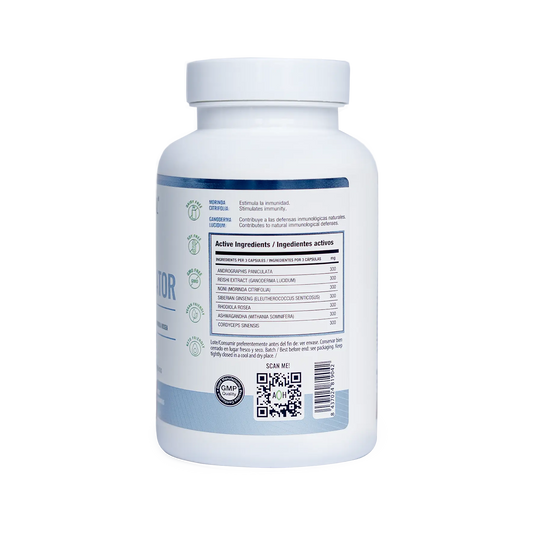


Leave a comment